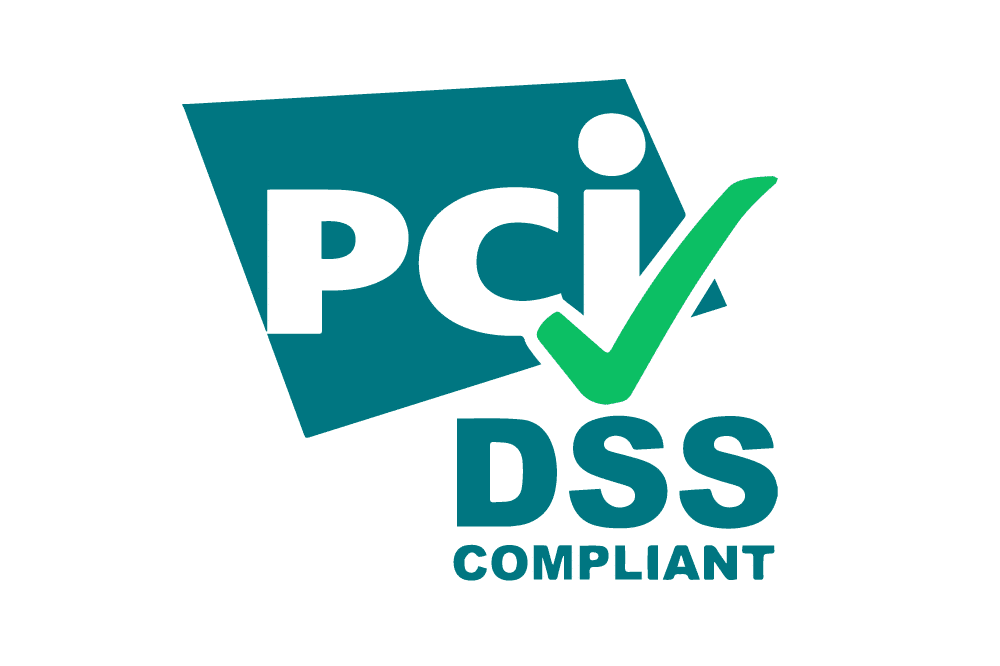Payment Card Industry Data Security Standard (PCI-DSS) provides a framework for developing a strong security process for credit card transactions. If you are a merchant or a service provider who accepts, transmits, and/ or stores cardholder data, you must be PCI compliant.
Achieving full compliance with the Payment Card Industry Data Security (PCI DSS) is daunting and tedious, and in many cases requires a great deal of effort and financial cost for businesses. There are the tasks involved to secure, monitor and manage the cardholder’s data, such as defining policies and procedures to implement technology solutions.

To break down PCI compliance a bit further, here’s an explanation of the difference guidelines:
Merchants
Any organization that accepts one or more of the five major credit cards that formed the PCI DSS council.
Merchant service providers
Businesses that transmit, process, or store credit card information for other merchants.
Payment application
Devices or online shopping carts that transmit, processes, or store credit cards information like credit card readers, e-commerce carts, or point-of-sale systems.
Payment gateway
The middleman for merchants and banks; these companies transmit data between a business running a credit card with a bank that either approves or denies a request for payment.
Payment processor
These all-in-one businesses typically provide the merchant account, payment application, and payment gateway for merchants.

Keith Heilveil

Sr. Director of Sales, PMP